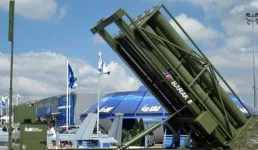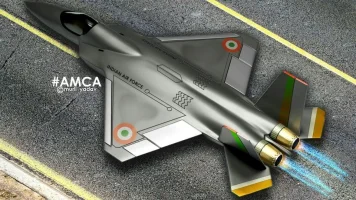In a significant advancement for India's missile technology, the Defence Research and Development Organisation (DRDO) has successfully integrated an indigenously developed Radio Frequency (RF) seeker into the Long-Range Anti-Ship Missile (LRAShM). This achievement highlights India's growing capabilities in designing and producing advanced missile systems.
The seeker, an X-band Radar Imaging Synthetic Aperture Radar (SAR) with monopulse homing capability, was designed and developed by the Electronics Corporation of India Ltd (ECIL). This marks a major milestone in India's defence manufacturing ecosystem, demonstrating the country's commitment to self-reliance in critical technologies.
Interestingly, the RF seeker used in the LRAShM shares its technological heritage with the one developed for the BrahMos cruise missile. This continuity underscores India's strategic approach to leverage indigenous expertise, optimize costs, and reduce dependence on foreign suppliers.
The newly developed RF seeker boasts several state-of-the-art features that enhance the LRAShM's operational effectiveness:
- Radar Imaging X-band SAR: This technology allows the seeker to generate high-resolution radar images of the target, enabling precise targeting even in adverse weather conditions.
- Monopulse Homing Capability: This advanced tracking technique ensures accurate guidance by minimizing errors caused by signal fluctuations and interference.
- Electronic Scanning: The seeker utilizes electronic beam steering for rapid target acquisition and tracking without relying on mechanical movement, increasing its agility and responsiveness.
- 2-Axis Gimbal System: A robust 2-axis gimbal system ensures the seeker remains locked onto the target, even during high-speed maneuvers, enhancing its ability to engage agile naval targets.




